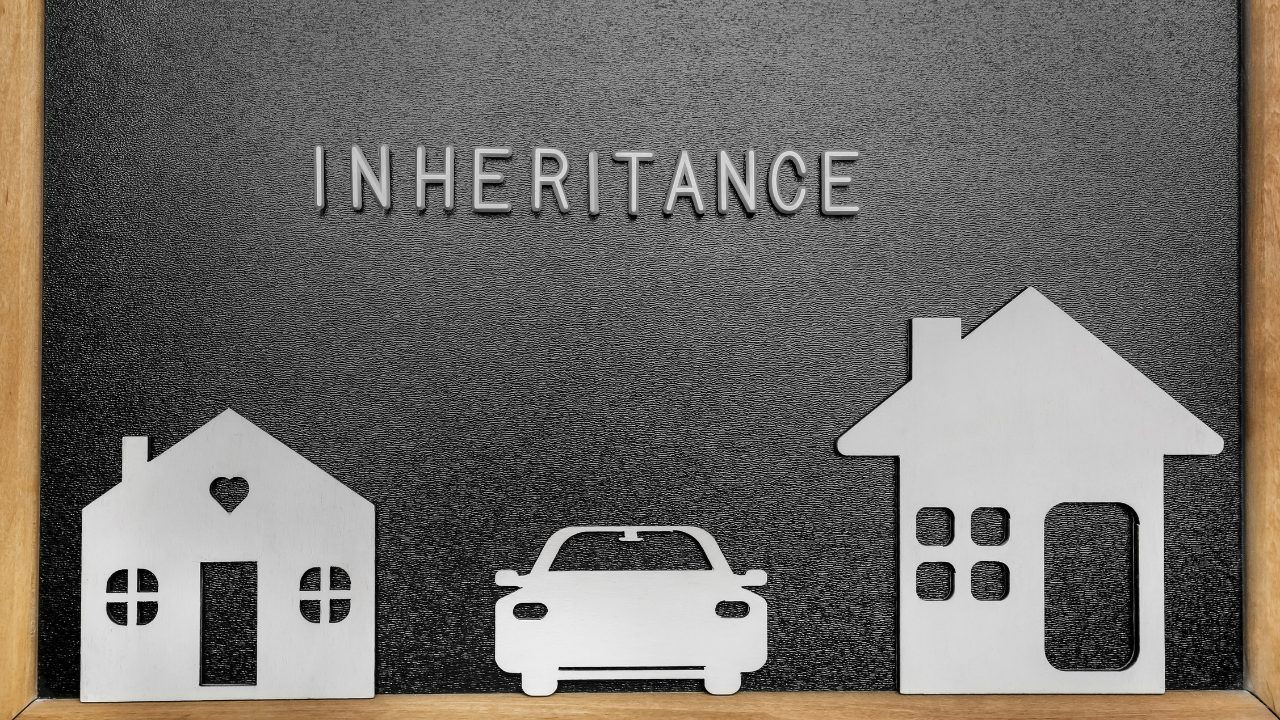Key Takeaways
- Proposition 19 significantly changes property tax reassessment rules for inherited properties.
- Primary residences can retain low tax assessments only if used as the inheritor's primary residence.
- Eligible homeowners can transfer their property tax base to a new home anywhere in California.
- Reviewing and updating your estate plan is crucial to minimize tax burdens under Proposition 19.
- Consulting with an estate planning attorney in Orange County, CA, can help navigate these changes effectively.
Proposition 19, passed in California, significantly changes property tax reassessment rules and has profound implications for estate planning. Understanding these changes is crucial for homeowners and heirs to navigate the complexities of property taxes and inheritance.
High net worth individuals and families with significant real estate holdings must carefully review and potentially update their estate plans to mitigate the impact of these changes. Consulting with an experienced estate planning attorney in Orange County, CA, can help you adjust your estate plan accordingly and optimize your tax benefits.
What Is Proposition 19?
Proposition 19 was approved by California voters in November 2020 and took effect on February 16, 2021. This proposition brings significant changes to the state's property tax system, particularly affecting how inherited properties are reassessed and how certain homeowners can transfer their property tax base to a new residence. It primarily impacts two areas:
- Property Tax Reassessment for Inherited Properties
- Base-Year Value Transfers for Eligible Homeowners
Property Tax Reassessment for Inherited Properties
Before Proposition 19
Prior to Proposition 19, California's property tax system, governed by Proposition 13, allowed children to inherit their parents’ primary residence and retain the existing property tax assessment. This meant that the property's assessed value, often significantly lower than its current market value due to Proposition 13’s annual assessment increase limit of 2%, would not change.
Additionally, there was a parent-to-child exclusion for up to $1 million of assessed value for other properties, such as vacation homes or rental properties, transferred between parents and children.
After Proposition 19
Under Proposition 19, the rules for property tax reassessment on inherited properties have been significantly altered:
- Primary Residence: The property tax reassessment exclusion for a primary residence now only applies if the inheriting child uses the property as their primary residence.
- Cap on Exclusion: Even if the inheriting child uses the property as their primary residence, there is now a cap on the exclusion amount. The reassessment exclusion only applies to the property’s current taxable value plus $1 million.
- Family Farms: Similar to the primary residence, family farms can benefit from the reassessment exclusion if they continue to be used as farms. If not, they will be reassessed at market value.
Base-Year Value Transfers for Eligible Homeowners
Proposition 19 also brings changes to the rules governing the transfer of property tax assessments for certain homeowners.
Before Proposition 19
Before Proposition 19, homeowners over the age of 55, severely disabled homeowners, and victims of natural disasters could transfer the property tax base of their primary residence to a new home of equal or lesser value, but this was limited to a one-time transfer and only within the same county or to certain counties that had adopted inter-county base year value transfer provisions.
After Proposition 19
Proposition 19 expands the opportunities for transferring property tax assessments in several significant ways:
- Increased Flexibility: Eligible homeowners, including those over 55, severely disabled individuals, and victims of wildfires or natural disasters, can now transfer their property tax base to a new home anywhere in California, not just within specific counties.
- Multiple Transfers: Eligible homeowners can now transfer their base-year value up to three times, rather than just once. This is particularly beneficial for older adults who may need to move more than once during their retirement years.
- Value Adjustments: The property tax assessment will remain the same if the new home is of equal or lesser value than the original home. If the new home is of greater value, the difference between the market value of the old and new home will be added to the transferred base-year value.
Implications of Proposition 19 on Estate Planning
The changes brought by Proposition 19 require careful consideration in estate planning to avoid unexpected tax burdens and to maximize tax benefits.
1. Review and Update Estate Plans
Homeowners should review and update their estate plans to align with the new rules under Proposition 19. Consulting an estate planning attorney in Orange County, CA can help identify the best strategies for minimizing property tax reassessment.
2. Consider the Use of Trusts
In some cases, placing properties in trusts can provide better control and management over the transfer of assets. A living trust attorney in Orange County, CA can advise on the most effective trust structures to use under the new law.
3. Primary Residence Considerations
Parents planning to pass their primary residence to their children should consider whether their children intend to live in the home. If not, the property will be reassessed at market value, potentially leading to higher property taxes.
4. Evaluate Property Transfers Before Death
Strategically transferring properties before death could help manage tax liabilities better. An Orange County estate planning attorney can help evaluate whether gifting or selling properties to children during the parents' lifetime makes sense under the new rules.
Frequently Asked Questions
1. What happens if I inherit a property but do not live in it?
If you inherit a property and do not use it as your primary residence, the property will be reassessed at its current market value, which could result in significantly higher property taxes.
2. Can multiple properties be transferred to children without reassessment?
No, under Proposition 19, only the primary residence (with conditions) and family farms are eligible for reassessment exclusions. Other properties will be reassessed at market value.
3. How does Proposition 19 impact family farms?
Family farms can retain the parents’ property tax assessment if they continue to be used as family farms. Otherwise, they will be reassessed at market value.
4. What are the benefits of transferring my primary residence's base-year value?
Eligible homeowners can transfer their existing low property tax base to a new home, potentially saving thousands of dollars in property taxes annually.
5. How often can I transfer my base-year value under Proposition 19?
Eligible homeowners can transfer their base-year value up to three times, with no limit for those affected by wildfires or other natural disasters.
Reach Out for Expert Guidance
Understanding and navigating the implications of Proposition 19 on your estate plan can be complex. If you’re in Orange County and need expert advice from a probate attorney, McKenzie Legal & Financial is here to help. Contact us today for a consultation to ensure your estate plan aligns with the new regulations and optimizes your tax benefits.











